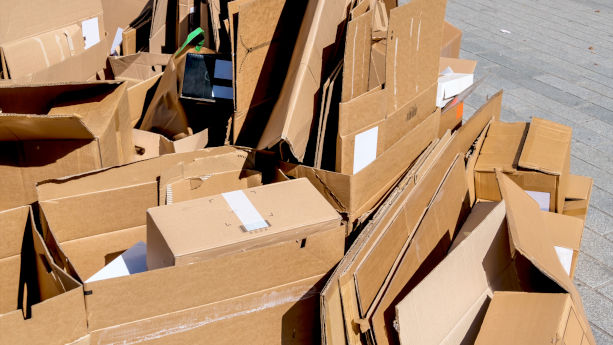
The Extended Producer Responsibility (EPR) extends a producer’s financial and operational responsibility regarding packaging and packed goods past the post-consumer stage. In practical terms, this means that UK importers and manufacturers may need to pay for the collection and disposal of packaging waste generated from sales.
Extended Producer Responsibility (EPR) requirements also cover registration, collection, and reporting – and labelling of the packaging.
In this guide, we explain EPR requirements in detail and provide information on a few EPR compliance scheme companies, which can help you to comply with the requirements.
Content Overview

FREE CONSULTATION CALL (30 MIN)
 Ask questions about compliance requirements
Ask questions about compliance requirements Countries/markets:
Countries/markets:
 Learn how we can help your business
Learn how we can help your business
You will speak with:Ivan Malloci or John Vinod Khiatani
What is Extended Producer Responsibility?
The extended Producer Responsibility (EPR) is a policy that makes a producer financially and operationally responsible for the management of its packaging past its post-consumer stage.
According to The Packaging Waste (Data Reporting) (England) Regulations 2023, a “producer” might be any of the following entities:
- Brand owner
- Packer/filler
- Importer
- Distributor
- Online marketplace operator
- Service provider
- Seller
Detailed definitions for each type of producer are provided in Part 1 of the Regulations.
Requirements
Organisations in the UK that import or supply packaging might be subject to EPR requirements. The requirements might vary according to certain conditions (e.g., annual turnover of at least GBP 1 million).
Producers can enlist the help of a third party to ensure they fulfil the EPR’s packaging requirements. If they choose this option, they should ensure that said third party is listed on the Compliance Scheme public register.
Here, we list the requirements using the guidance “Extended producer responsibility for packaging: who is affected and what to do” as the main source.
Companies that need to comply
According to the guidance, “The regulations will apply to all UK organisations that import or supply packaging.”
However, companies are required to collect and report data regarding the packaging they have imported into or supplied in the UK only if all the following conditions apply:
a. They are not a charity.
b. Their annual turnover exceeds at least GBP 1 million.
c. They were responsible for packaging exceeding 25 tonnes in 2022.
d. They perform any packaging activities.
Thus, in the guidance it is not clear what are the requirements for companies that do not meet these conditions.
According to Valpak, a member of Packaging Recovery Organisation (PRO) Europe as well as a Compliance Scheme in the UK, if you don’t meet the above conditions you have no obligations concerning EPR for packaging.
You can find more information under the section “EPR -> EPR for packaging” of their website, including an interactive test to assess if your company need to meet any EPR obligations in the UK.
Registration
Producers that supply, or import and dispose packaging in the UK should register for reporting and collecting data on this website.
The registration conditions depend on the type of company:
a. Parent groups should register on behalf of every subsidiary within the group.
b. Parent companies should register on behalf of some of their subsidiaries if they meet the tonnage and turnover requirements when combined.
c. Individual subsidiaries should register if they meet the tonnage and turnover requirements.
Data collection and reporting
Companies must collect and report the following categories of data:
- Packaging activity (how you supplied the packaging)
- Packaging type (e.g., household or non-household)
- Packaging class (i.e., primary, secondary, tertiary, or shipment packaging)
- Packaging material and weight
- Recycling data
Type of producers
The type of data to be collected and reported depends on the type of producer, and it is specified in both the guidance and the Packaging Waste (Data Reporting) (England) Regulations 2023.
Small producers (turnover between GBP 1 – 2 million)
Small producers, that is companies with annual turnover between GBP 1 million and GBP 2 million and that supply or import more than 25 tonnes of empty packaging (or with annual turnover of more than GBP 1 million and that supply or import 25-50 tonnes of empty packaging) should possess records and report information such as:
- The weight (in kg) of supplied packaging in each packaging category
- Details of that packaging (e.g., the packaging type, the weight (in kg) of the packaging type)
- The weight (in kg) of discarded packaging
Large producers (turnover > GBP 2 million)
Large producers, that is companies with annual turnover over GBP 2 million and that supply or import more than 50 tonnes of empty packaging, should also possess records and report:
- The amount of collected packaging waste sent for recycling
- Recycled packaging waste
PRNs and PERNs
Specifically, large organisations need to meet recycling obligations. In order to prove that they meet their obligations, they should collect packaging waste recycling notes (PRNs) or packaging waste export recycling notes (PERNs) from accredited re-processors or accredited exporters.
Fees
Here we list the different types of EPR-related fees:
- Registration fees
- Waste management fee
- Material fees
Note that fees have been deferred to October 2023 and, at the moment, the information available concerning fees is limited.
Registration fees
Compliance schemes, which help organisations adhere to EPR requirements, can pay the registration fees on your behalf.
Waste management fees
You are responsible for paying the waste management fee; compliance schemes cannot pay it for you. In our understanding, this is because, in the UK, packaging waste will be collected by local authorities. In return, businesses should pay the waste management fee to such authorities.
This fee is initially calculated based on the packaging you’ve reported but might vary in the future depending on the ease of recyclability.
Material fees
There is currently no information regarding material fees, which depend on your reported materials.
Exemptions
According to the Packaging Waste (Data Reporting) (England) Regulations 2023, packaging and packaging waste materials are exempt from the regulations if they are:
a. Reused primary, secondary, and tertiary packaging.
b. Production residues.
c. Exported from the UK by the producer, including those exported via an agent.
d. Scheme packaging (e.g., packaging for a Scottish product designed to come into contact with a drink).
Costs
As far as we know, the UK government has not disclosed the costs related to matters such as registration or waste management. Additionally, if you decide to get help from an EPR company, you will also need to pay the pay scheme administrator costs.
In this case, we suggest you to contact directly the EPR companies, such as the one listed below, in order to get a quotation.
EPR Companies
Third-party compliance scheme companies can help you meet your EPR packaging requirements, such as registration fee payments, collecting PRNs or PERNs to meet recycling obligations, or reporting packaging data.
If you choose to receive aid from an EPR company, you should ensure that they are listed on the UK’s Compliance Scheme public register.
However, according to the UK government’s website, these compliance schemes cannot pay your waste management fee on your behalf.
There are many companies listed on the public register. Here we provide three examples.
Valpak
Valpak can help with household, commercial, and industrial packaging.Its services include packaging and waste management, as well as services such as the following to ensure you can fulfil your responsibilities before the UK’s legislation’s implementation:
- EPR assessments, including benchmarking and cost modelling
- Data collection services
- EPR webinars
- High-level cost implication assessments
Paperpak
Paperpak is a Compliance Scheme accredited by the UK government. According to its white paper, the UK is developing a new EPR registration portal called Manage My Packaging Service (MMPS). Paperpak can help you to register and submit your data via the MMPS.
It also offers the following services to its members:
- Data management – for developing reporting systems
- Data collection – personalised service for data collection and submission
- Communicate regulatory updates
Wastepack
Wastepack is an approved Compliance Scheme that is registered with the Environment Agency (EA), Scottish Environment Protection Agency (SEPA), Natural Resources Wales (NRW), and the Northern Ireland Environment Agency (NIEA).
Wastepack’s offers EPR-related services to both small and large producers. It can help you to:
- Collect your data
- Prepare your reports
- Keep you updated on compliance requirements
EPR Symbols
The UK’s Department for Environment, Food and Rural Affairs (DEFRA) administers the EPR legislation.
Defra has decided to use the “Recycle Now” recycle mark for packaging. This means that producers will have to pay a membership fee to the On Pack Recycling Label (OPRL) program in order to access and use the “Recycle Now” labels on their packaging.
Further, producers should use the relevant wording (either “recycle” or “do not recycle”) on their packaging. According to Valpak, this requirements will apply from 2026.
Do all UK companies need to register?
According to the guidance “Extended producer responsibility for packaging: who is affected and what to do”, EPR requirements apply to all companies that supply or import packaging in the UK.
However, according to our research, only companies that meet certain condition concerning their turnover (minimum GBP 1 million) and packaging waste generated (minimum 25 tonnes per year) need to comply with the requirements at the moment. You can find more information on the Valpak’s website.
Do UK companies selling in the EU need to comply?
According to the Packaging Waste (Data Reporting) (England) Regulations 2023, exported packaging is exempted from UK EPR requirements.
However, UK companies that sell their products and deal with packaging in the EU should comply with the EU’s EPR packaging regulations.
For example, if you sell your products in France, you might need to comply with France’s EPR requirements. In this case, you could contact a French Producer Responsibility Organisation (PRO), such as CITEO.
Do EU companies in the UK need to comply?
EPR requirements apply to UK companies. Thus, it seems clear that EU companies with a branch in the UK that import or supply packaging must comply with the requirements.
We couldn’t find a provision for non-UK companies that sell in the UK, for example via an online marketplace. However, marketplaces are covered by the requirements, and Amazon.co.uk states that you must comply even if you “sell a product in a country where you are not physically established”.
You can find more details on this page.
Is the Green Dot accepted in the UK?
As far as we know, the Green Dot is not compulsory in the UK. According to Valpak, the company that holds the licence for the Green Dot in the UK, only UK companies that export packaging or packed goods to the EU can purchase a licence to use the Green Dot.
Note: Contains public sector information licensed under the Open Government Licence v3.0.
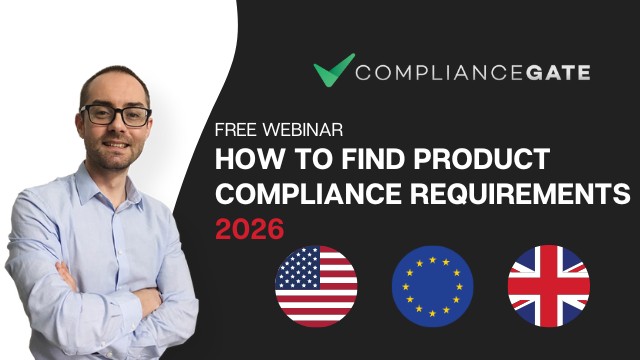
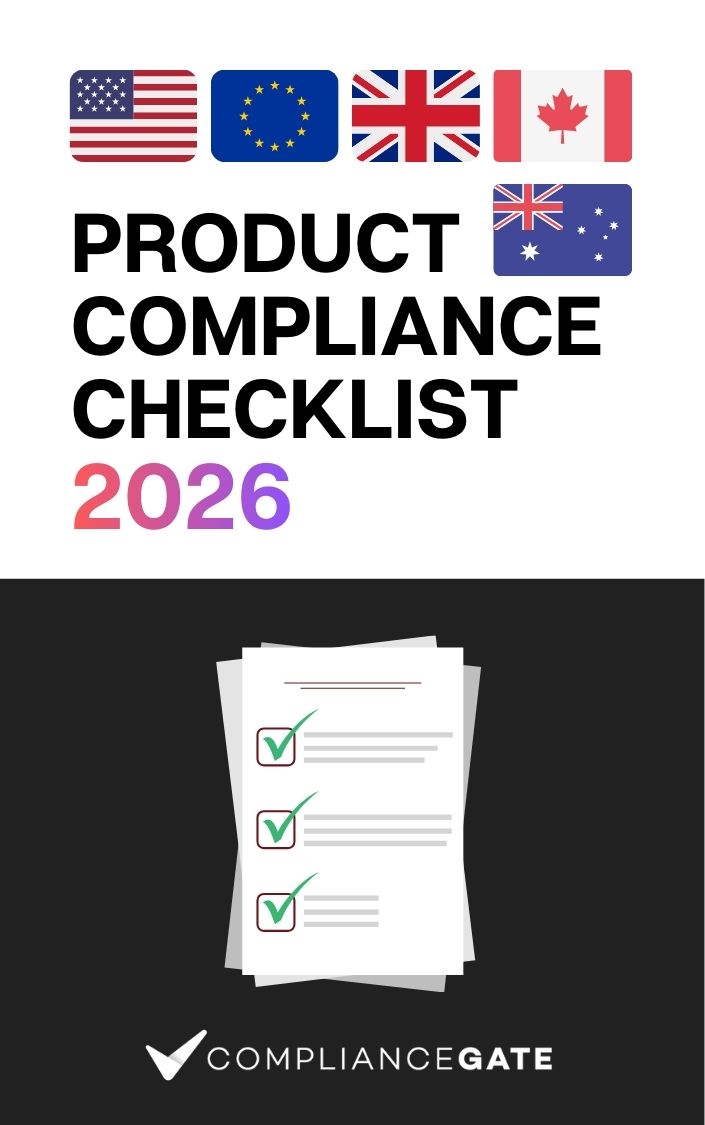




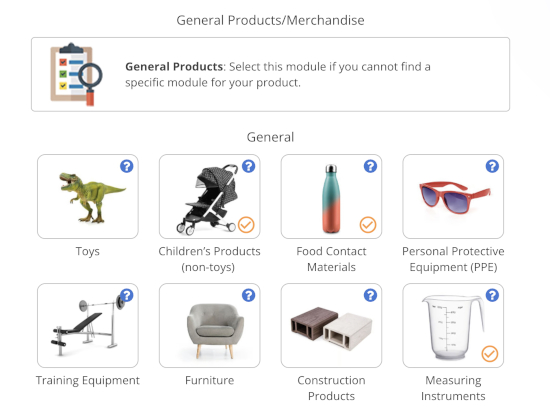






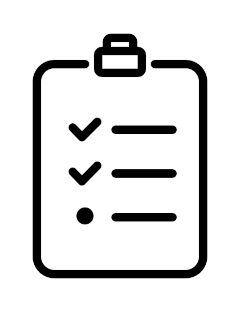


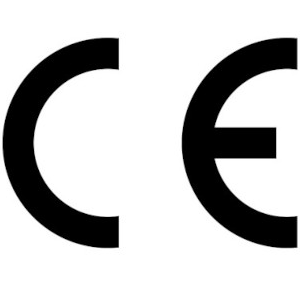




.png)
.png)
.png)




We are a fulfillment service provider registered in the UK. We provide services such as storage, packaging, and addressing of goods for e-commerce sellers worldwide. Our clients include both UK-based and non-UK-based companies. We provide packaging services for sellers. The branding and sales of the goods are the responsibility of our clients. We only provide unbranded logistics packaging, such as shipping cartons and courier bags, and arrange suitable last-mile delivery service providers for our clients.
May I ask if we are regarded as producers, and what legal obligations do we need to undertake, such as registering with relevant administrative agencies and reporting packaging data, or collecting packaging data for our clients, etc.